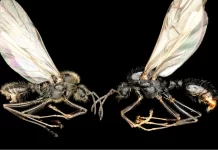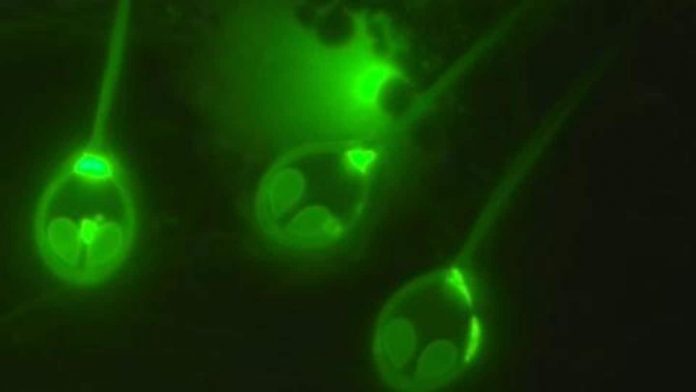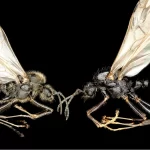Our basic understanding of life revolves around the fact that every multi-cellular organism, including human beings, needs oxygen to live.
Nature built the perfect system for turning oxygen into energy. Breathing is so natural, in fact, most of the time we’re not even aware that we’re doing it.
There is, however, one known exception. That would be Henneguya salminicola — which, according to a newly published study, is the only known animal on Earth that doesn’t breathe at all.
In a detailed analysis of the creature, scientists concluded that it lacks a mitochondrial genome. That’s the genome we use with every breath we take — as it’s the part of an animal’s DNA that includes genes needed for respiration.
Except, of course, for H. salminicola.
“When we think of ‘animals,’ we picture multicellular creatures that need oxygen to survive, unlike many single-celled organisms including protists and bacteria,” study co-author Stephen Atkinson, a microbiologist at Oregon State University, tells CNN. “In our work, we have shown that there is at least one multicellular animal that does not have the genetic toolkit to use oxygen.”
You’ve probably never met a H. salminicola. If you did, there wouldn’t be much to talk about anyway. As a parasitic blob, skulking around the waters of the North Pacific, its only real passion in life is sinking its microscopic spores into salmon, worms and sea creatures — especially the dense, muscular bits.
And it does it all without taking a single breath.
But where do you get your energy from, H. salminicola? The researchers suggest the creature’s host — an unsuspecting salmon — may somehow contribute to the parasite’s energy production.
The research team, CNN notes, doesn’t know exactly what H. salminicola runs on, if not oxygen. But they do speculate that the creature may leech molecules that have already produced energy for its host. Who needs a mitochondrial genome when your host can do all the respiratory work for you?
“By losing the genome, the parasite is saving energy by not having to copy genes for things it no longer needs,” Atkinson explains.
There may actually be other members of the No-Need-to-Breathe Club. Another ultra-tiny marine animal, the loricifera, may not need oxygen either — although, according to the BBC, that has yet to be confirmed.
Other species sip oxygen at a remarkably slow rate. Just last month, for example, researchers discovered fish thriving in the depths of the Gulf of California where there’s practically no oxygen.
Over time, evolution has equipped many species with the means to eke out an existence in even the harshest environments.
But the H. salminicola may trump them all. According to the study, evolution has lightened the creature’s genetic load over time.
“They have lost their tissue, their nerve cells, their muscles, everything,” study co-author Dorothée Huchon, a biologist at Tel Aviv University, tells Live Science. “And now we find they have lost their ability to breathe.”




























